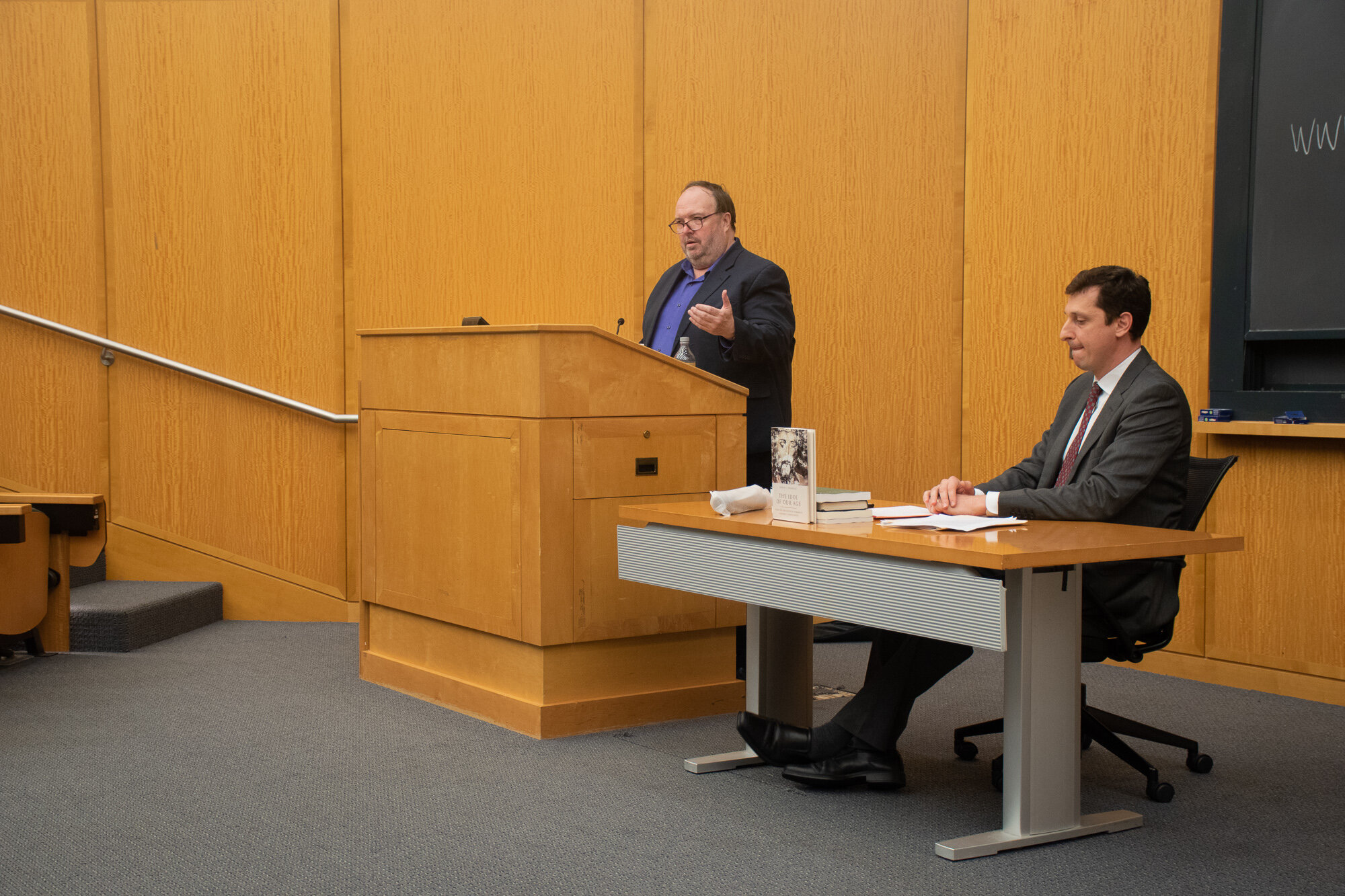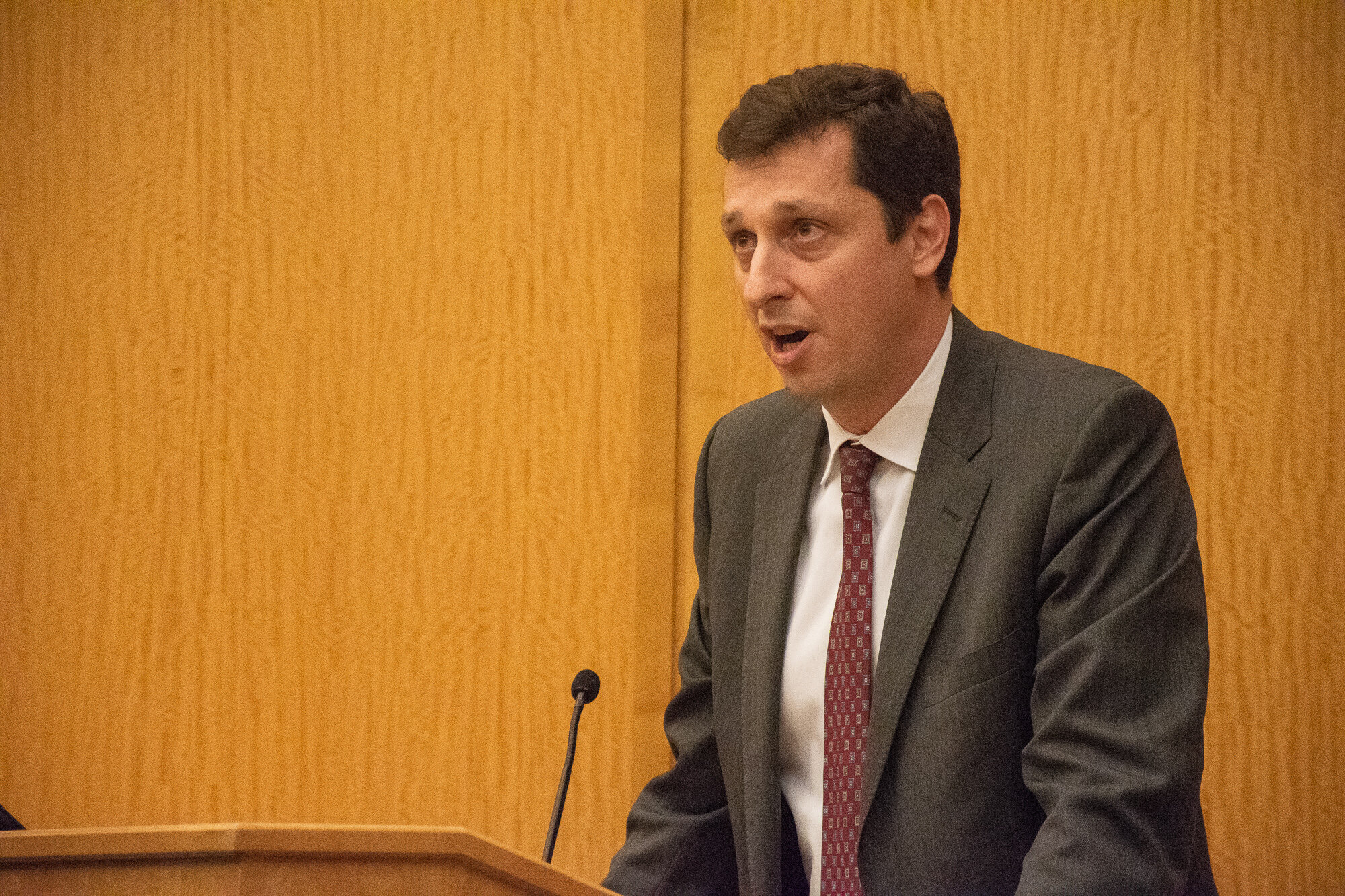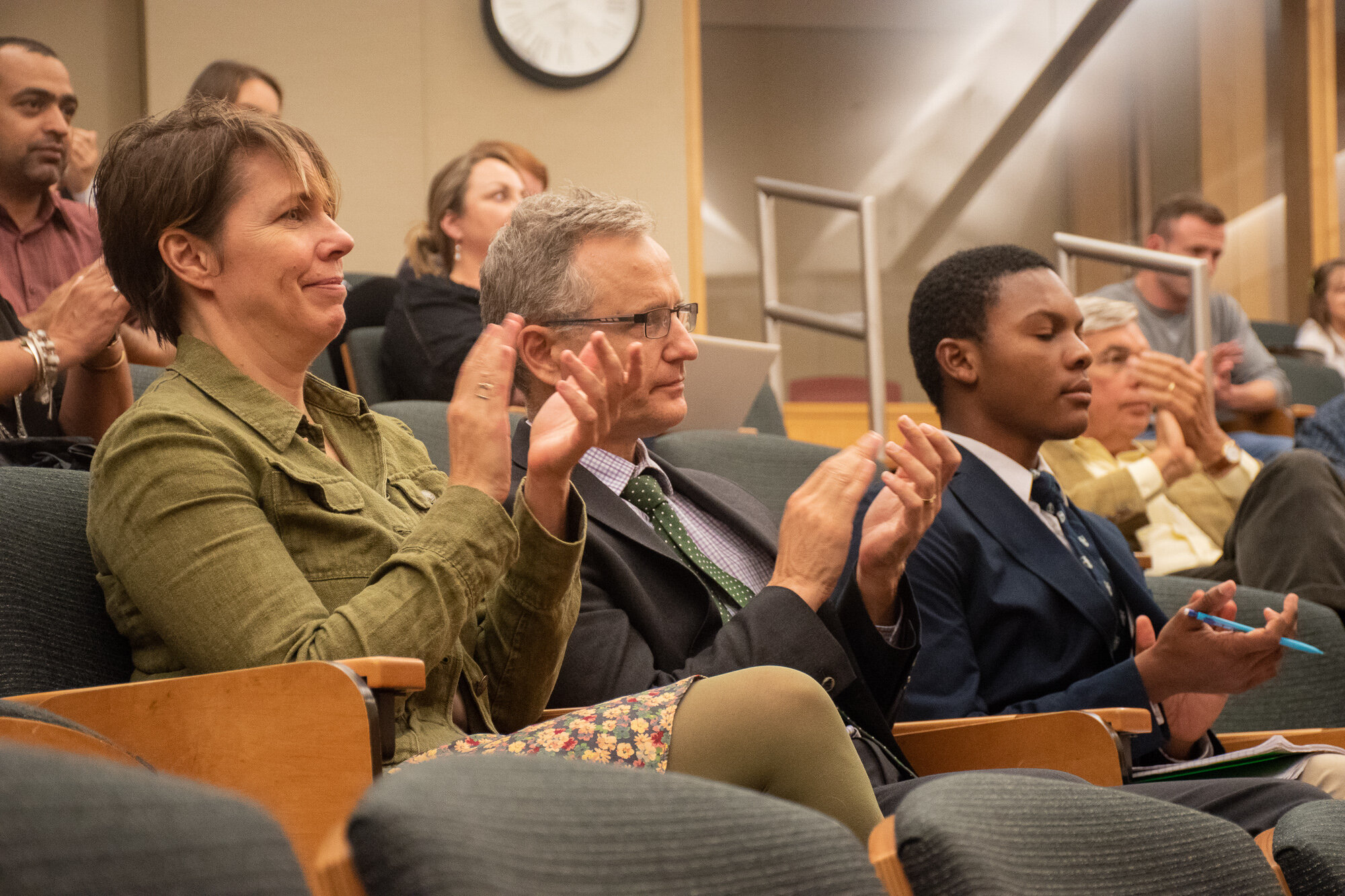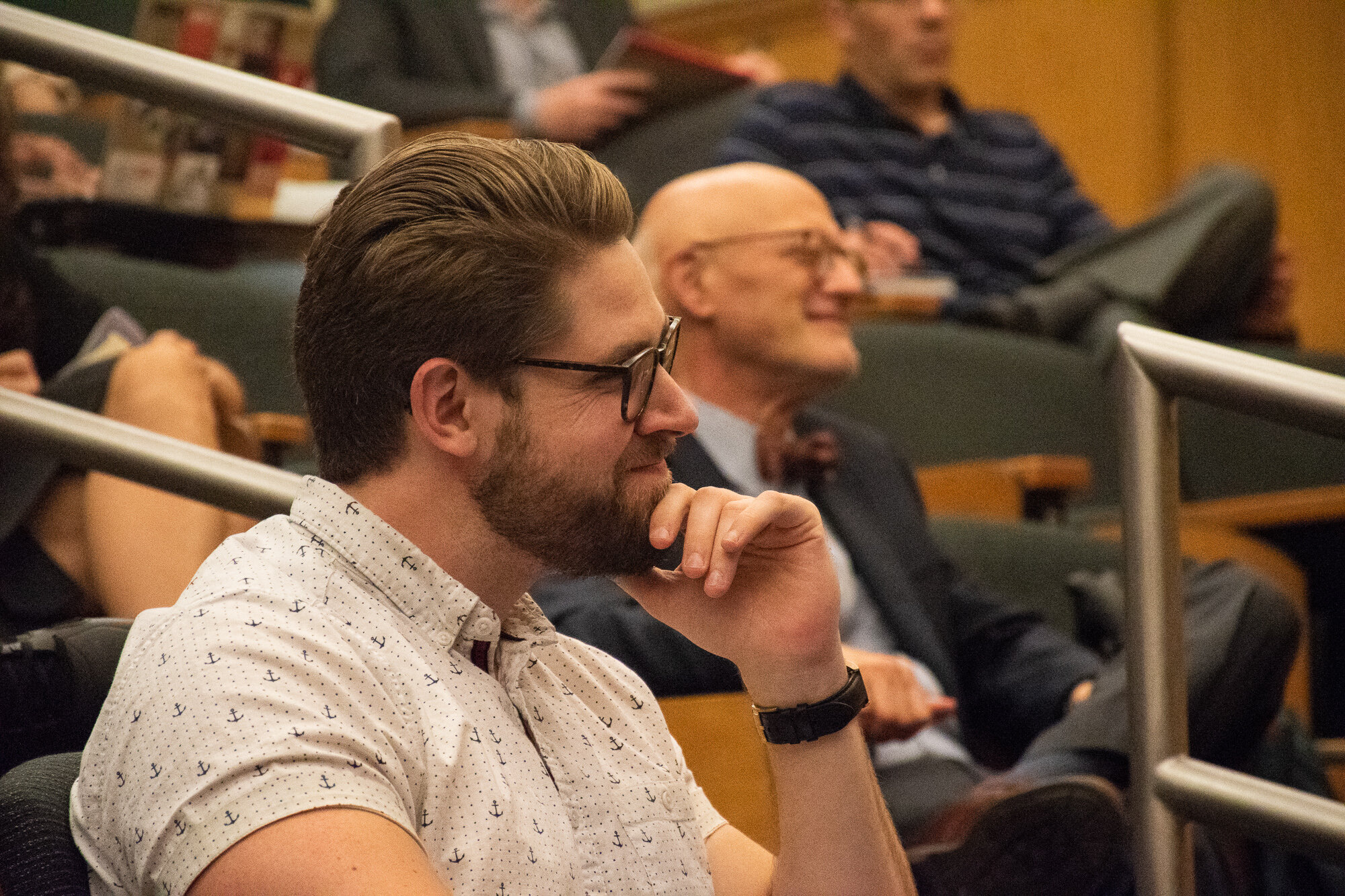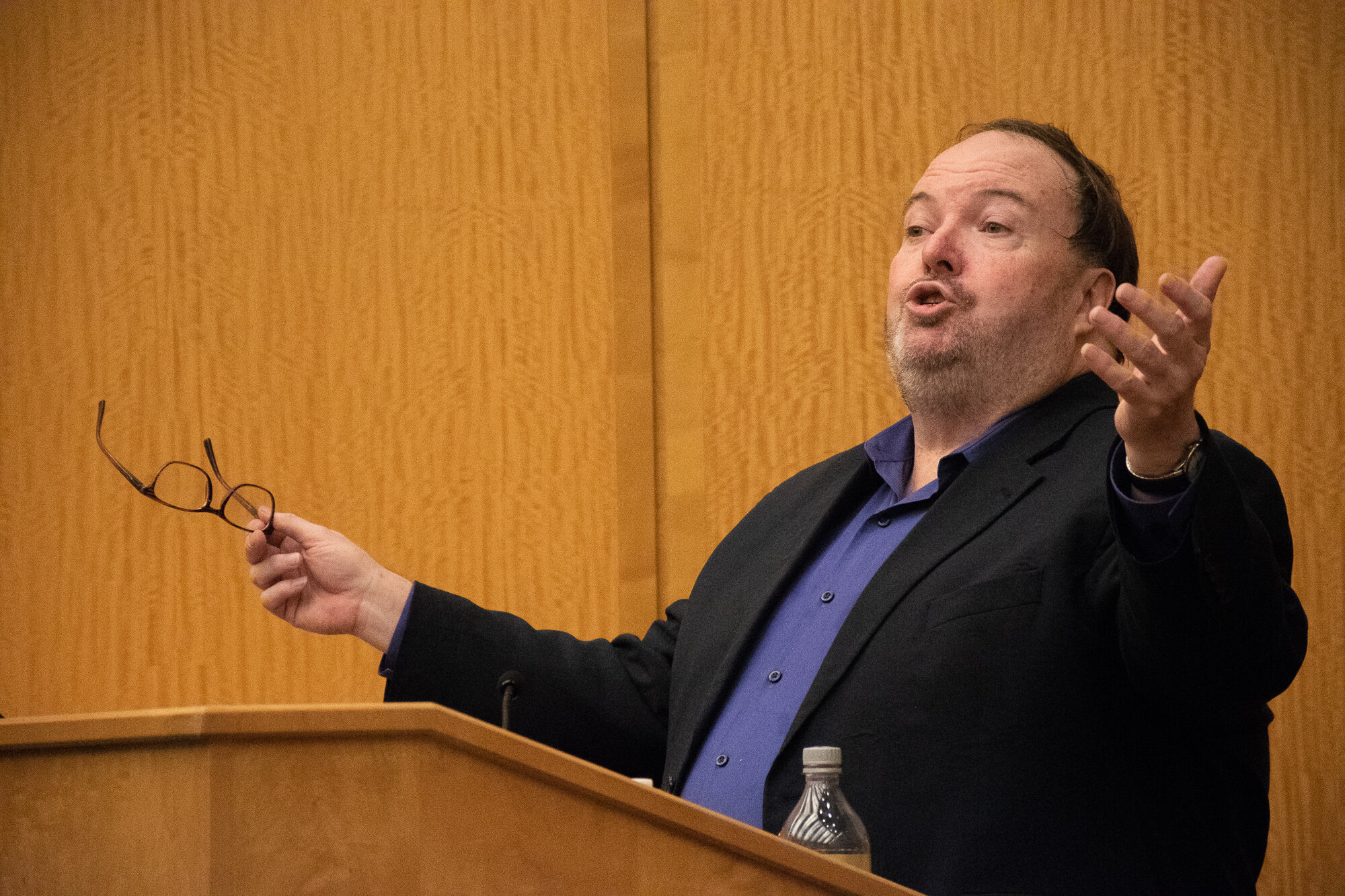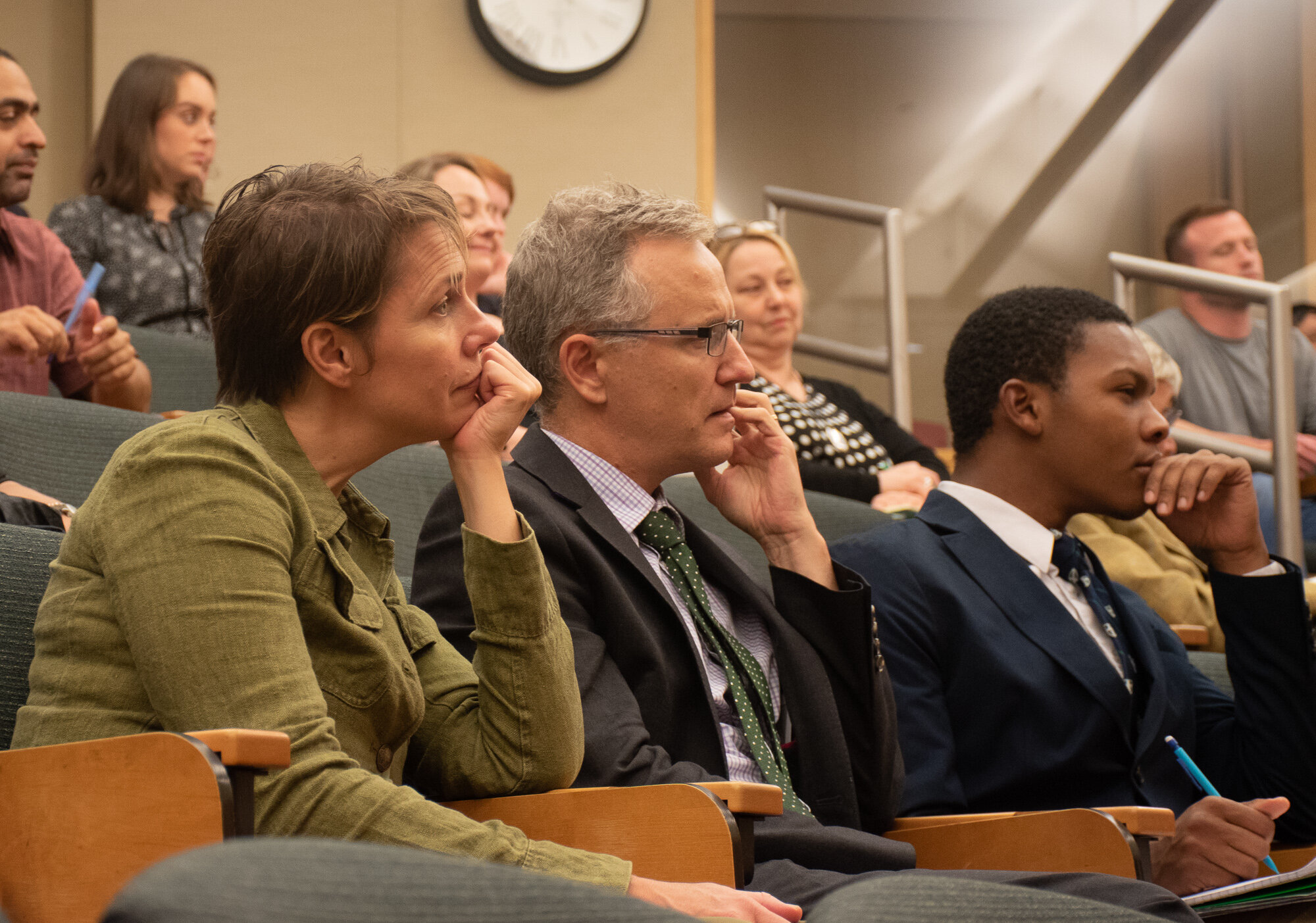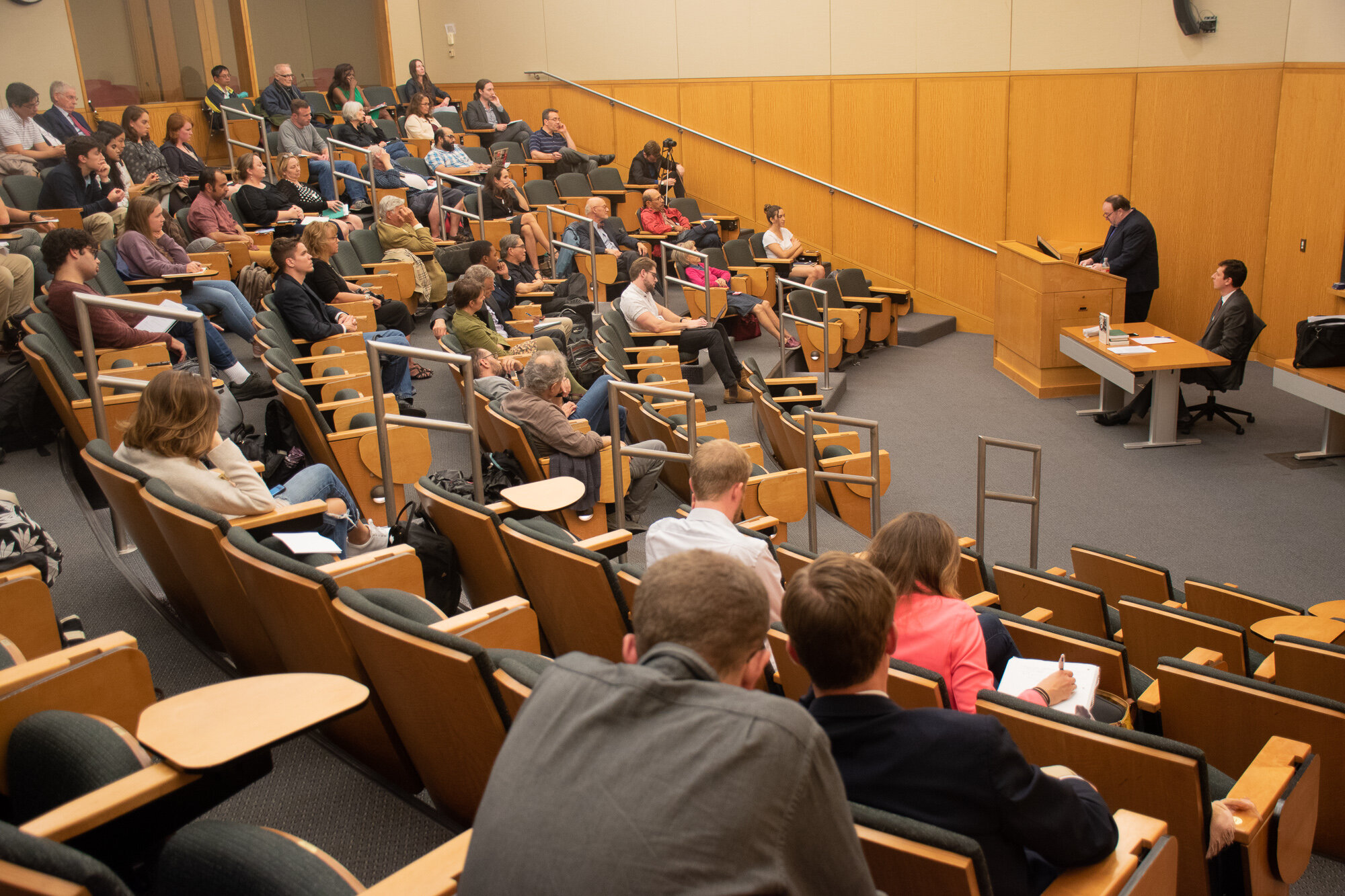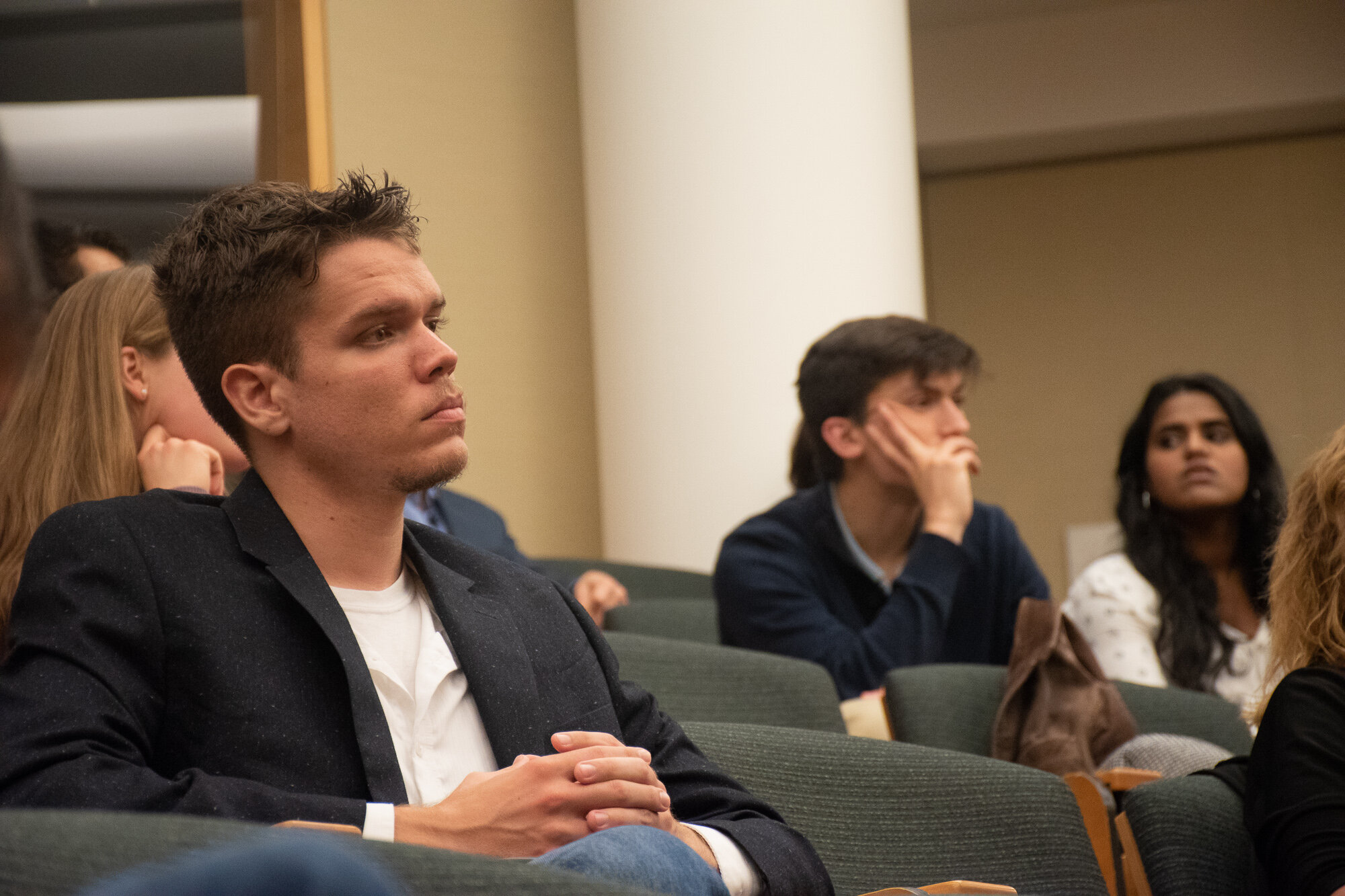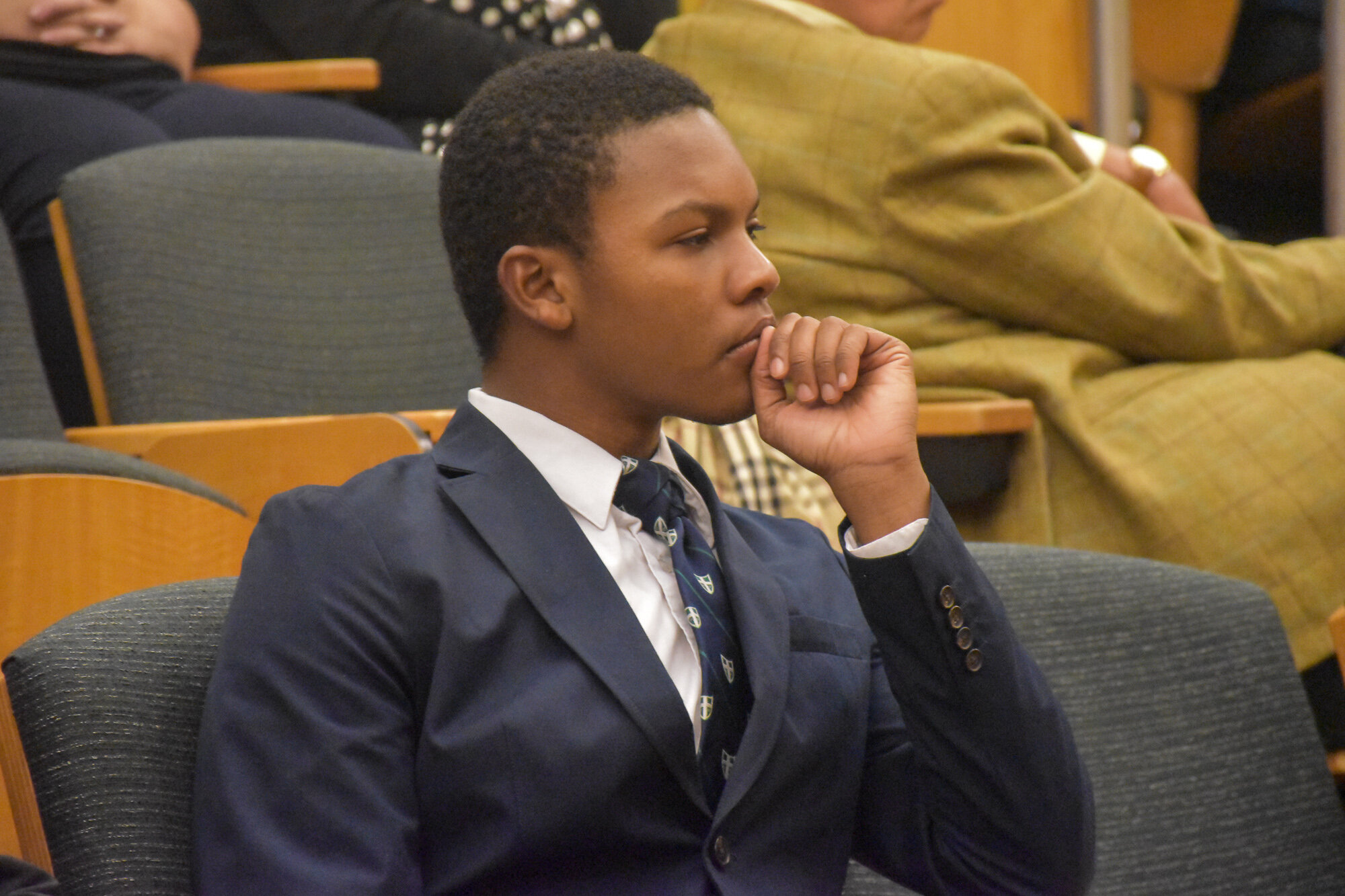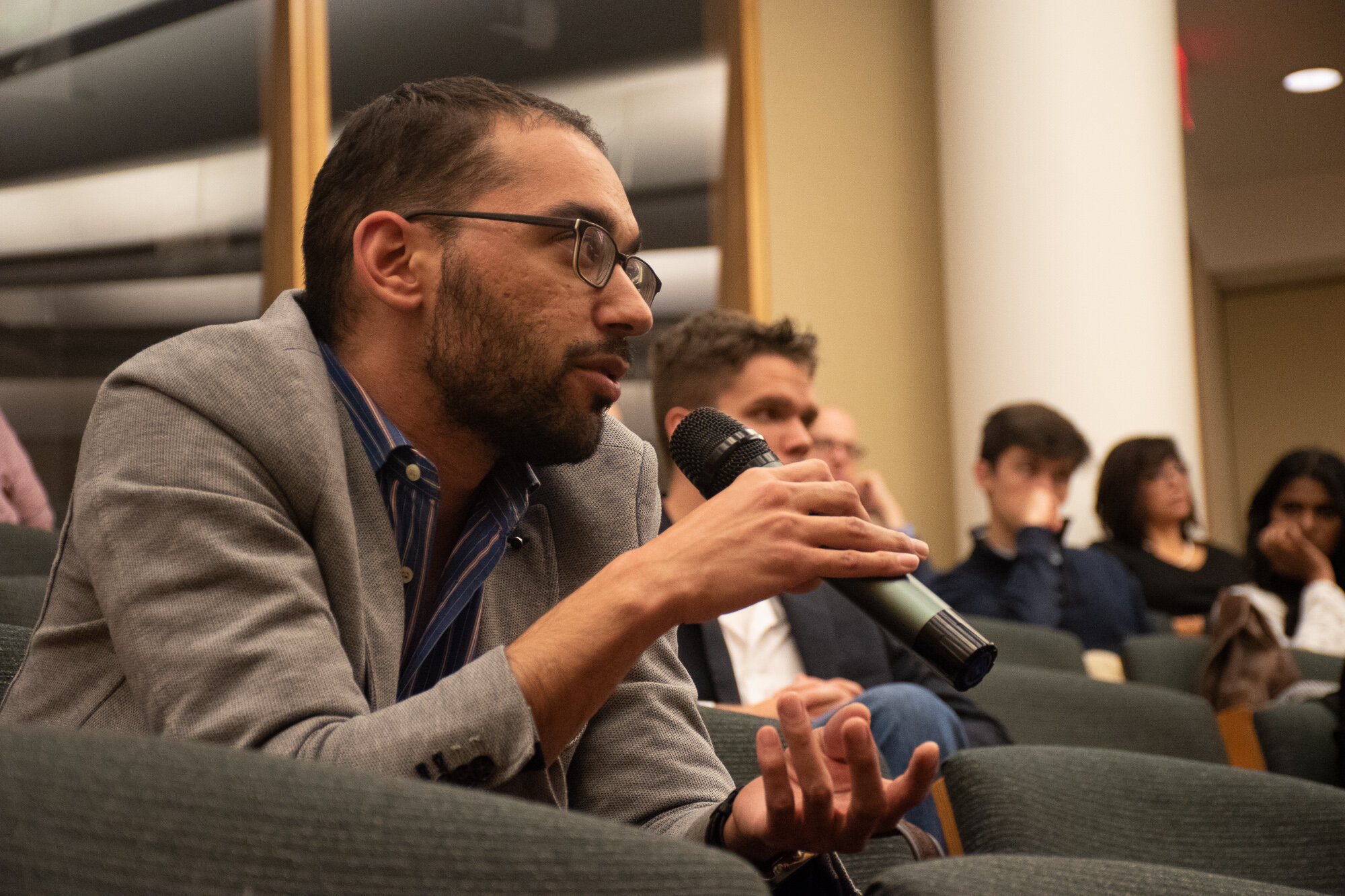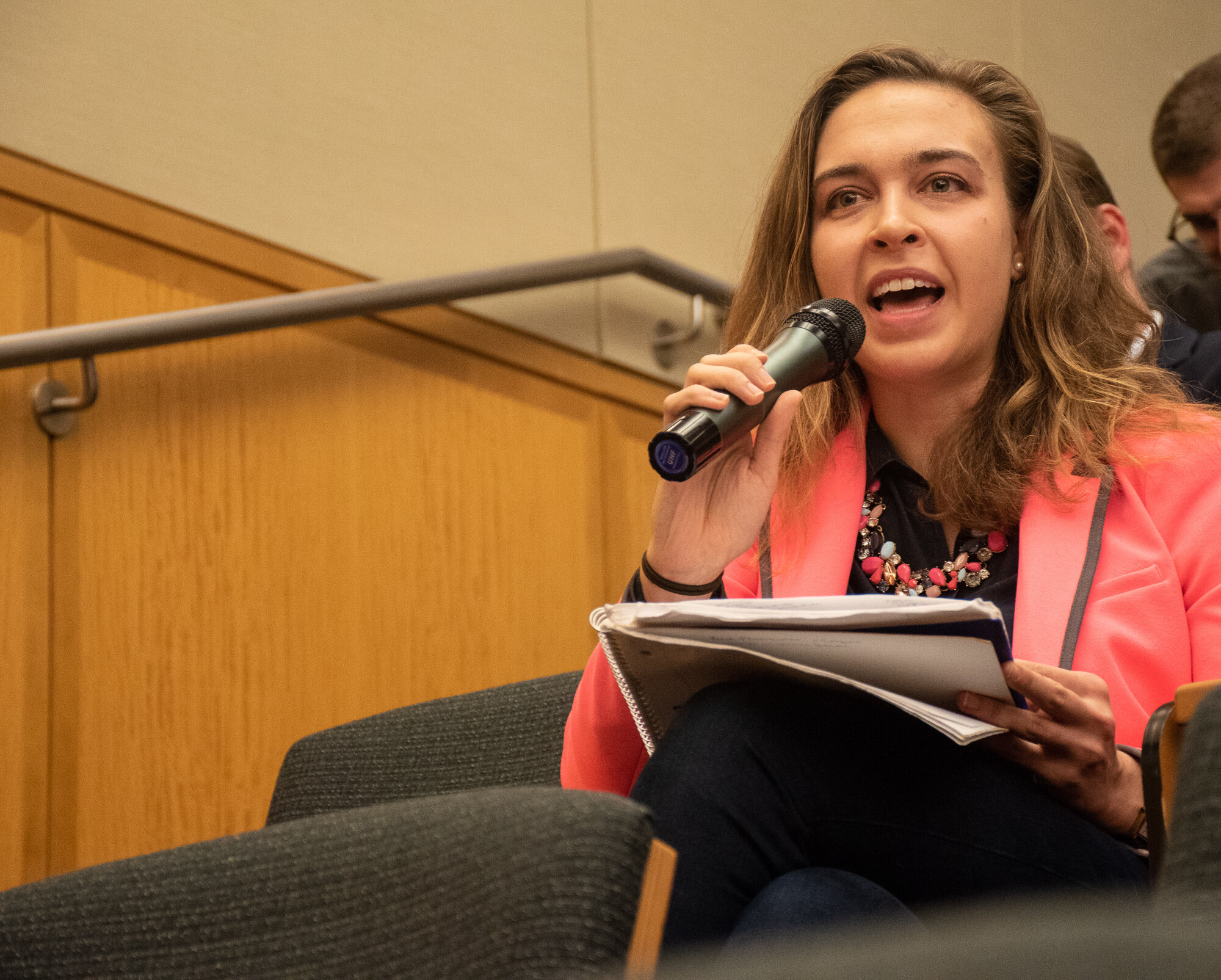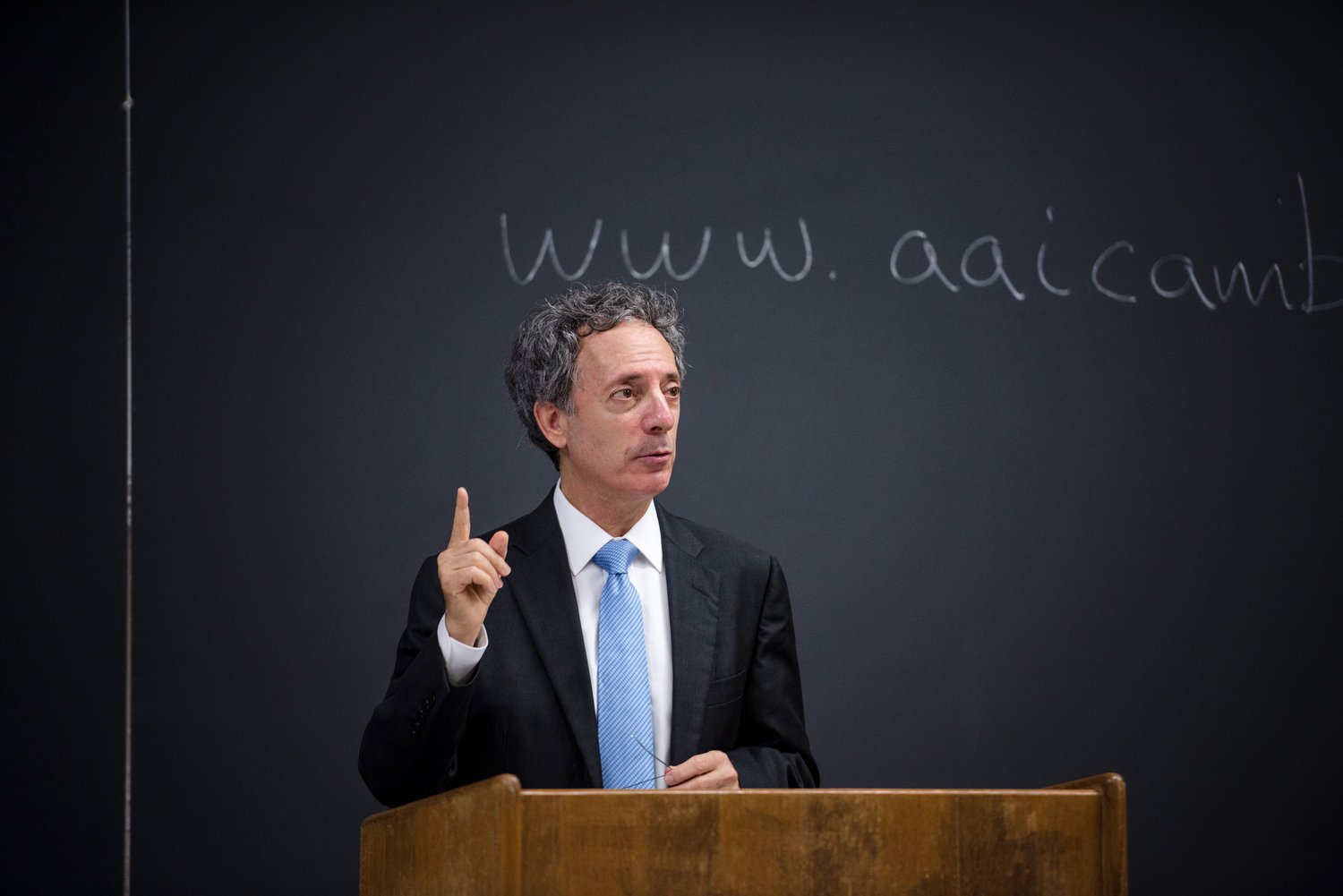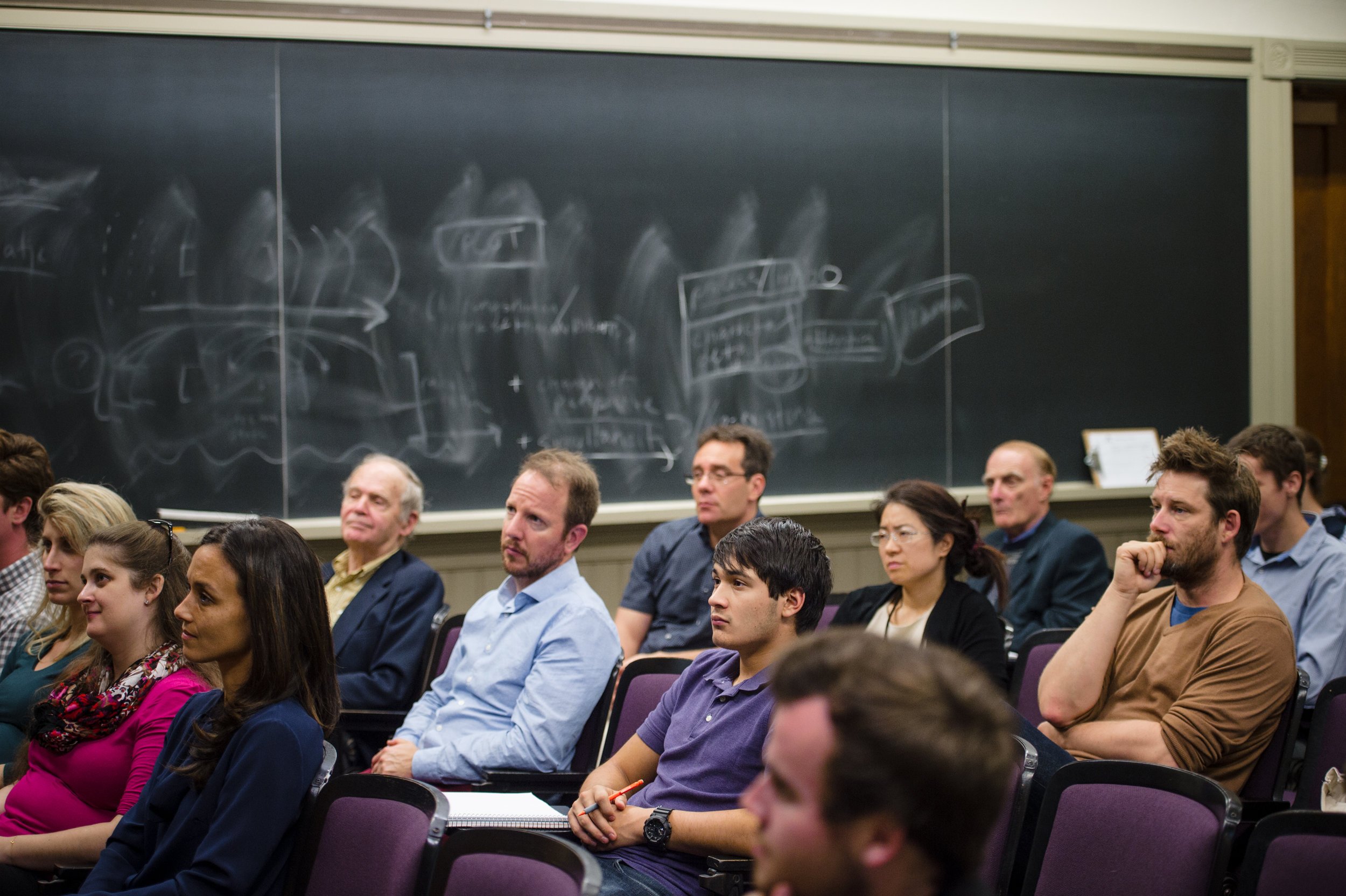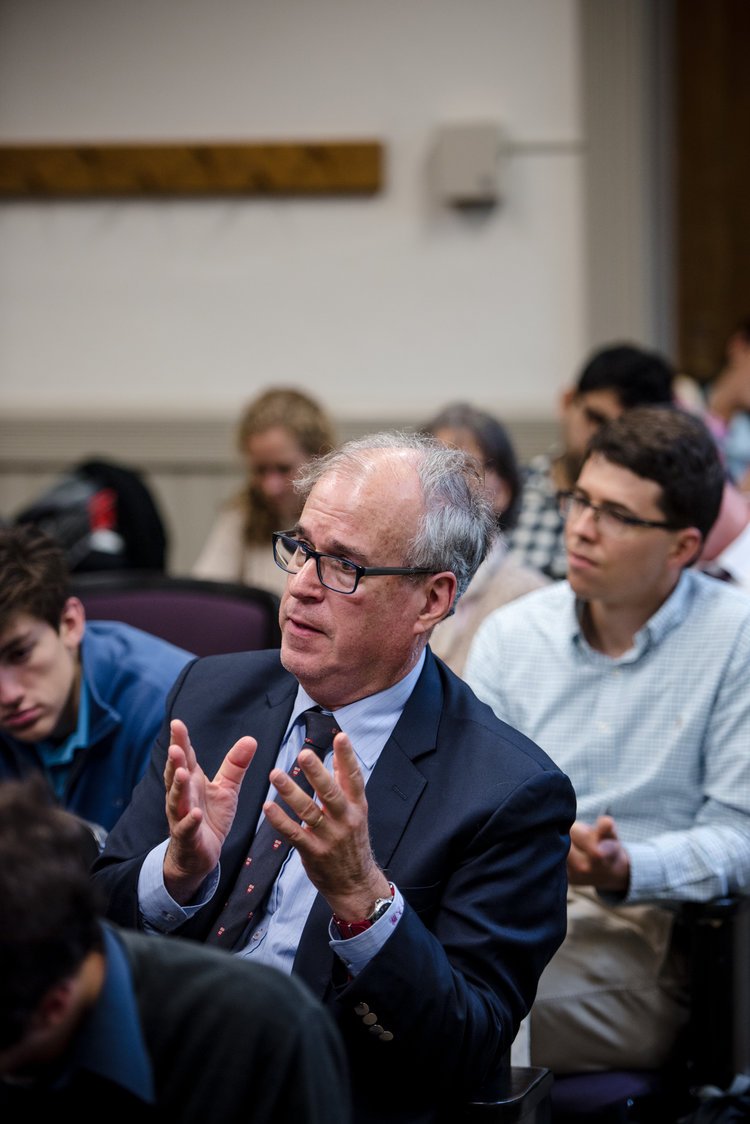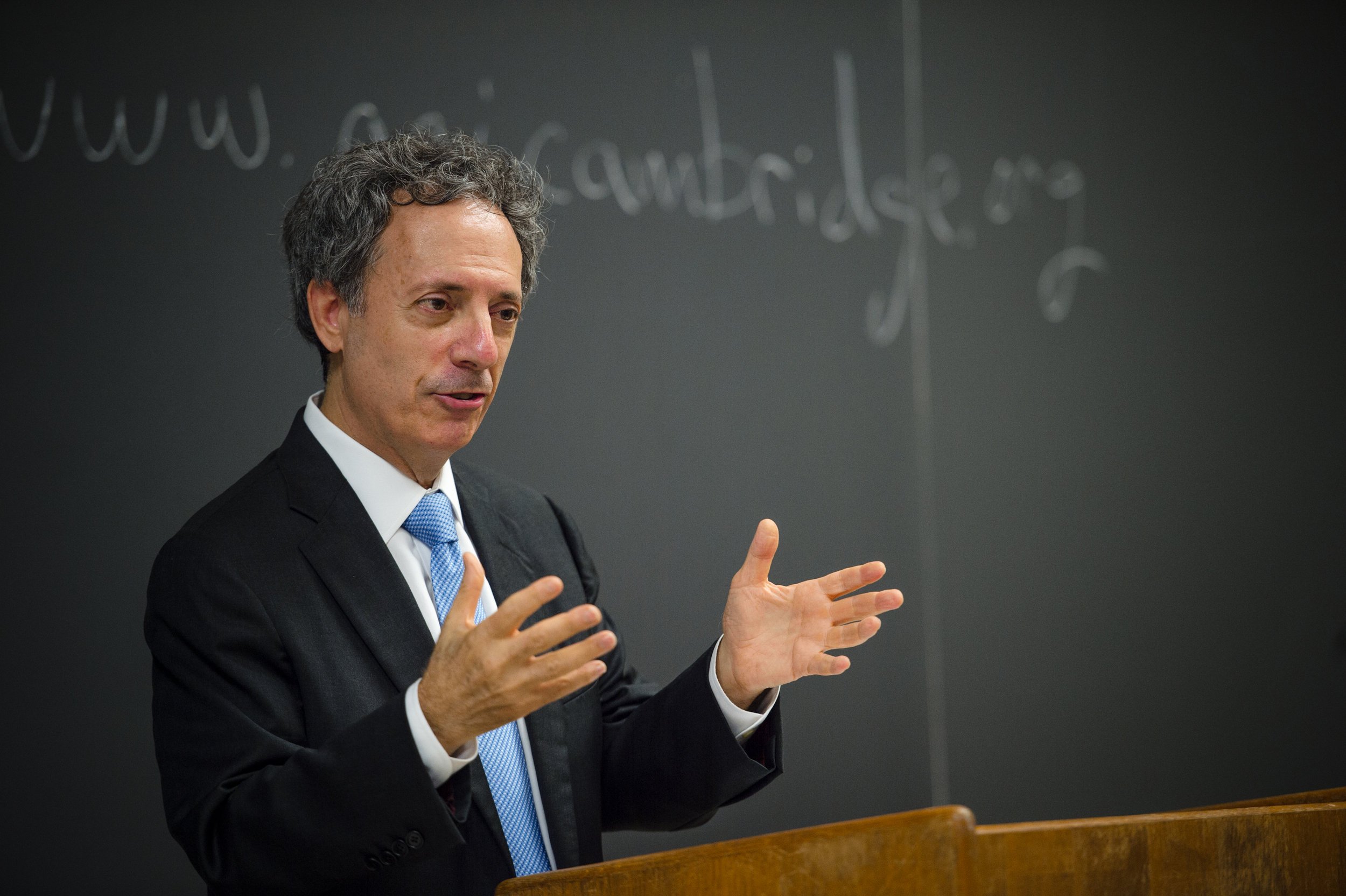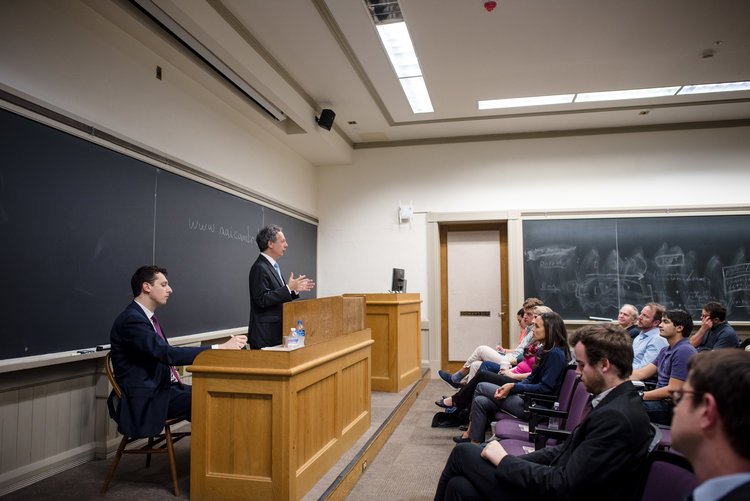Annual Lecture
Each year, the Abigail Adams Institute hosts a public lecture meant to introduce arguments and speakers who can expand the philosophical horizons of our audience and have them reimagine the intellectual and cultural possibilities of the present.
2024 Annual Lecture
What does a demographic crisis look like?
How does fertility impact the economy?
Why aren’t young people getting married and having children?
Isn’t the world overpopulated already?
Won’t AI make up the difference for a plummeting population?
What can we do to provide better economic conditions for families?
Family Matters: Marriage, Fertility, and Economic Policy for a Flourishing Society
A Lecture by
Dr. Jesús Fernández-Villaverde
The global fertility crisis is worse than you think. For the first time, humans aren’t producing enough babies to sustain the population. At present rates the human population will peak in around 30 years— then start plummeting.
Economists have long predicted fertility rates would decline as countries become wealthier. But the fall over the past decade has happened faster than anyone predicted in rich, middle-income, and poor countries.
Creating the conditions for large families to flourish is the only way to reverse the trend in fertility rates. If we fail to do so, then the coming demographic winter will be far harsher than anyone cares to admit.
Join us at 4 pm on Tuesday, October 1st for a lecture with UPenn economist Jesús Fernández-Villaverde as we explore what’s at stake for our society when it comes to the marriage and fertility crisis.
https://www.spectator.co.uk/article/the-global-fertility-crisis-is-worse-than-you-think/
Past Lectures
2023/2024 - Dr. James Piereson, An Age of American Stagnation
Unfamiliar with the experience of protracted economic stagnation, Americans find themselves at a dangerous moment in our political history. How should the next generation think about its personal and collective responsibilities as we enter uncharted territory?
2022/2023 - Dr. James Piereson, Civil Rights and voting acts after six decades
Dr. James Piereson discusses two Supreme Court Cases -- the admissions case under the Civil Rights Act of 1964 and the Alabama districting case (Merrill v. Milligan) under the Voting Rights Act of 1965. These cases involve reassessments of how the Court interprets these Acts.
2021/2022 - Erika Bachiochi, Jd, Vindicating Wollstonecraft’s Rights: duties, virtue, and the common Good
In this fifth Annual Lecture, Erika Bachiochi addresses common misunderstandings of Mary Wollstonecraft. She discusses her book The Rights of Women: Reclaiming a Lost Vision, defending Wollstonecraft as “a canonical philosopher in her own right.”
2019/2020 - Dr. Daniel J. Mahoney, The Idol of our Age
The humanitarian impulse to regard modern man as the measure of all things has begun to corrupt Christianity itself. What is the difference between humanitarian and Christian thought? Dr. Daniel J. Mahoney lectures on the relationship between humanitarianism and Christianity.
2018/2019 - Dr. Peter Berkowitz, John Stuart Mill's Liberal Education
It is increasingly rare for colleges and universities to explain to students the purpose, structure, and content of liberal education, let alone provide one. John Stuart Mill's writings on liberty of thought and discussion, Socratic inquiry, and the aims and substance of liberal education provide an excellent introduction to the subject and illuminate the importance to liberal democracy in America of the reform of higher education.
2017/2018 - Dr. James Piereson, Genesis of Trump: The Cultural Legacy of the '60s
The year 1968 included two major assassinations, violent protests in big cities, upheavals on college campuses, a riot at the Democratic National Convention, all the while an unpopular war was raging in Vietnam. In this tumultuous atmosphere the country saw clear divisions between liberal and conservative culture. Fifty years later, Dr. James Piereson reflects on this division to explain the unexpected outcome of our country's most recent presidential election.
2016/2017 - Ryszard Legutko, The Demon in Democracy
Legutko discusses his book, The Demon in Democracy, saying “despite enormous differences that are clear to everyone with elementary intelligence and knowledge, the differences that should not be minimized or neglected, there is a considerable resemblance between communism and liberal democracy.” In this lecture, he expounds upon his argument and addresses the immediate counter arguments to his claim.



![IMG_3365[1].JPG](https://images.squarespace-cdn.com/content/v1/53b59f96e4b089bf6ae90076/1686850018354-83IK2VZ8NW2FV69QFP1T/IMG_3365%5B1%5D.JPG)
![IMG_2319[1].JPG](https://images.squarespace-cdn.com/content/v1/53b59f96e4b089bf6ae90076/1686849971477-CW2EPA8BBGKV5M0ETQ2F/IMG_2319%5B1%5D.JPG)
![IMG_3358[1].JPG](https://images.squarespace-cdn.com/content/v1/53b59f96e4b089bf6ae90076/1686850003898-I98DR7187R9BPDLR0SC9/IMG_3358%5B1%5D.JPG)
![IMG_2334[1].JPG](https://images.squarespace-cdn.com/content/v1/53b59f96e4b089bf6ae90076/1686849990667-QRC6FNSXO97LJWC8Y1RY/IMG_2334%5B1%5D.JPG)
